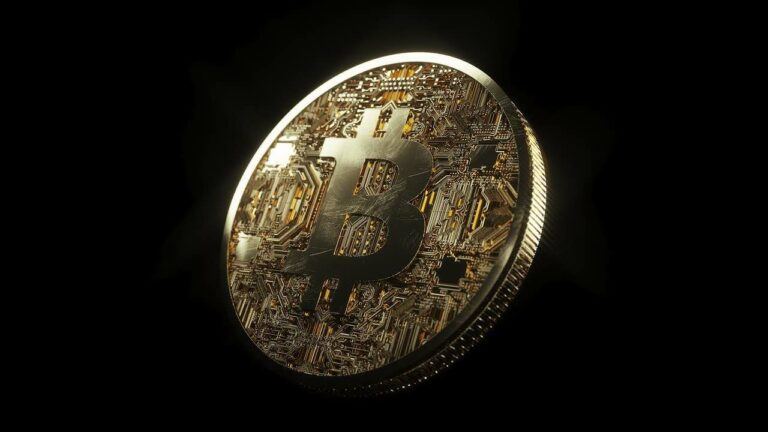On Thursday (November 12), hedge fund manager and CNBC contributor Brian Kelly explained why institutional interest in Bitcoin is increasing and why he expects the Bitcoin price to go a lot higher in the long term.
According to his bio on the CNBC website, Kelly is the founder and CEO of BKCM LLC, an asset management firm focused on “global macro and currency investing, including investing in digital currencies.” Furthermore, he is the portfolio manager of the BKCM Digital Asset Fund and the REX BKCM Blockchain ETF.
Kelly is also the author of the book “The Bitcoin Big Bang: How Alternative Currencies Are About to Change the World” (which was published by Wiley in November 2014).
Yesterday, which was the day Bitcoin broke through the $16,000 level for the first time since 8 January 2018, Melissa Lee, who is the host of CNBC’s post-market show “Fast Money”, asked Kelly whether he thinks central bank issued digital currencies (CBDCs) — such as a digital euro — would pose a competitive threat to Bitcoin or if they would just be a validation of Bitcoin.
What she was referring to was comments made by Christine Lagarde, president of the European Central Bank (ECB), about a digital euro while speaking on a panel at the (virtual) ECB Forum on Central Banking 2020.
Largarde, who sees a potential digital euro as a complement for cash (rather than a substitute), thinks it is worth exploring the idea of a digital project and has a “hunch” that it digital euro project will be launched in the next two to four years:
“It’s not a nicety, it’s not a tantrum, it is something that if it is cheaper, faster, more secure for the users then we should explore it…
“If it is going to contribute to a better monetary sovereignty, a better autonomy for the euro area, I think we should explore it. If it is going to facilitate cross border payments, which are very laborious in quite a few corners of our big world, then we should explore it.”
Here is how Kelly replied to Lee:
“It’s interesting. I mean, certainly, having high profile investors come out and say that they own it takes a lot of the career risk away from professional investors who want to put in their portfolio, and that’s what we’re starting to see: some of the buyers coming in are institutional investors.
“In terms of the digital euro or the digital yuan or the digital dollar, it’s actually not competition for Bitcoin because Bitcoin’s core value proposition is that it has a fixed supply. I can’t imagine the ECB issuing a digital currency that is going to have a fixed supply. In fact, I would think it would make it a lot easier for them to digitally create more money. So, that’s more of a risk for fiat currency holders, and it highlights why Bitcoin is a digital gold-like product.”
Lee, then asked Kelly if he could forecast how high the price of Bitcoin could go by the end of 2020.
Kelly said that although it’s very hard to predict the future, if we accept that over time Bitcoin is likely to — at least partially — replace gold as the store of value of choice, then given how much larger the total value of all existing gold is compared to the market cap of Bitcoin, we should expect the Bitcoin price to go a lot higher in the future:
“Forecasting the future is very hard, believe it or not, but here’s what I will say this about it. You know, Bitcoin’s been above $16,000, I think, twelve days in its entire history. I suspect [that] probably [there] are some people that bought in late 2017/2018 that had a long three years [who] are gonna want to get out of it.
“So, I wouldn’t be surprised to see it pull back, but in the longer run, my view on this is [that] the market total value of all of bitcoin in existence is $300 billion. The total value of all the gold in existence is $10 trillion. If Bitcoin is actually going to disrupt some of the gold market, $300 billion total valuation is the wrong number, and you can see that it’s got a lot of scope for upside.
“And then add into that if you look back at the halvening which we talked about in the spring, where most of the gains come are the year after the halvening, and we’re seven months into that year after the halvening and you know Bitcoin’s doing what it should do.”
Featured Image by “SnapLaunch” via Pixabay.com
The views and opinions expressed by the author are for informational purposes only and do not constitute financial, investment, or other advice.









